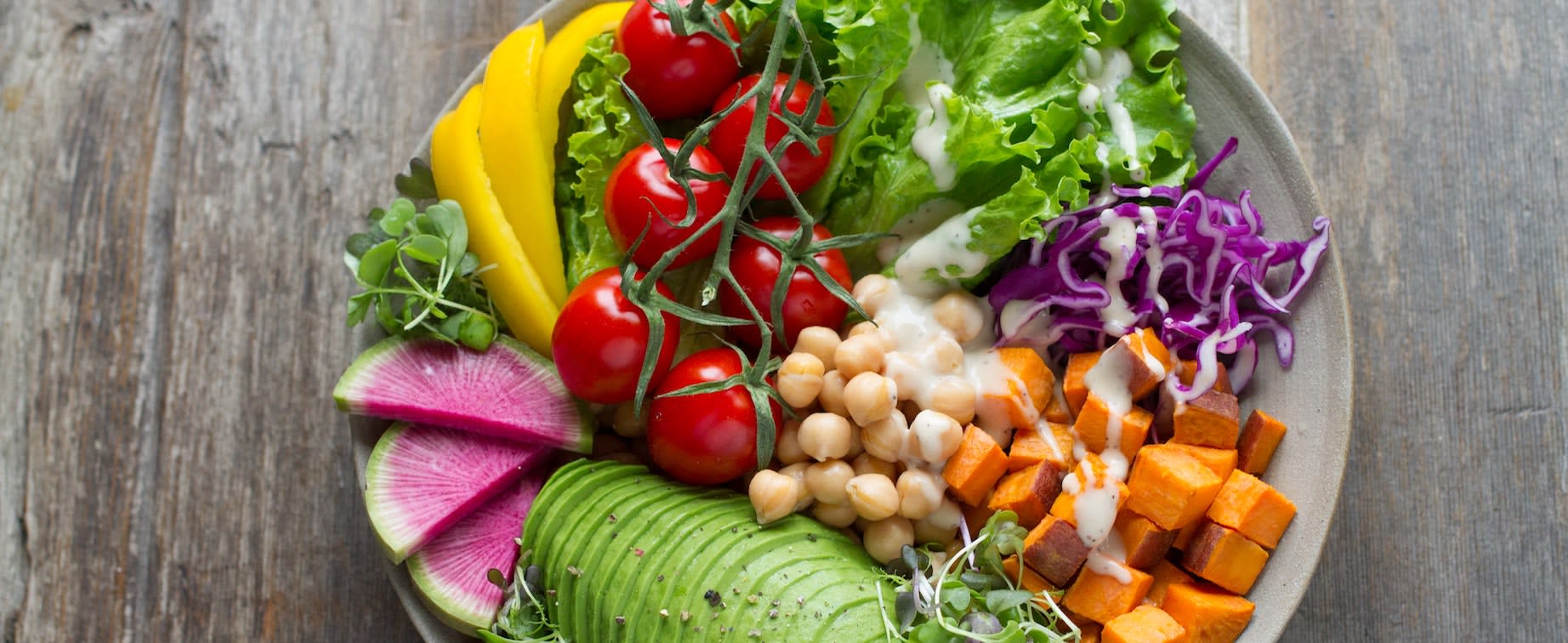Table of Contents
What is Gout?
Gout is a form of arthritis that occurs in the joints and causes pain and inflammation. In the United States, approximately eight million people have gout. [1] Around six million, or three quarters, of these patients, are men. [2] Although gout can develop at any age, it typically begins between the ages of 30 to 50 in men, and after menopause in women. [1]
Around half of gout patients get the condition in their big toe. However, gout can develop in any of your joints and is also common in the hands, feet, and elbows. Gout symptoms come in episodes which usually start overnight and then last for a number of days or weeks. [3] These flare-ups are typically followed by a long period of remission with no symptoms. Along with symptoms of swelling and pain, gout-affected joints may also be tender, warm to the touch, and red or purple in color. If gout affects your knee, ankle, or foot, then your mobility may also become limited.
Gout can be managed using medications such as Colcrys (colchicine), Uloric (febuxostat), and Zyloprim (allopurinol). However, diet also plays a major role in the severity of this condition. Keep reading to learn more about the causes of gout and how it can be reduced by eating a suitable diet.

What Causes Gout?
Uric acid is a natural substance that the body produces when breaking down purines. Purines are chemicals found in all foods and drinks. Uric acid is removed from the body by the kidneys. However, when the body has produced excess uric acid, or the kidneys do not remove enough of the substance, then a buildup may occur.
When excess uric acid collects, then urate crystals can form in a joint. These crystals are incredibly sharp and cause intense pain. The body’s immune system responds by inflaming the area, causing the joint to swell. This is what causes gout.
For people that have gout, it is very important to focus on their diet. By limiting the number of purines consumed, patients can reduce the frequency and severity of gout episodes.
What Should You Avoid?
Foods are considered high in purines if they have a purine level that is above 200mg per 100g of food. [4]
a. Alcohol
All alcohol is very high in purines, although beer and red wine are particularly high. Reducing or eliminating alcohol from your diet is a great way to lower your purine level. Additionally, alcohol hampers the body’s ability to remove excess uric acid, so you may want to limit your consumption. If you do want to continue drinking alcohol, consider lower-strength options, or using a mixer.
b. Meat and Seafood
Meat and seafood do not need to be completely removed from your diet, but lowering your intake can help. Red meat should be replaced with fish or poultry when possible. All people, including gout patients, should consume protein. An average person should aim for consuming around 6oz (170g) of protein a day, but doctors and dieticians can help with developing an individual diet plan for you. [5]

c. Sugary Foods
Gout patients should try and avoid eating a specific type of sugar known as fructose. This natural sugar is found in sugary soft drinks, fruit juices, honey, pears and baked beans, amongst other foods. [6] After consuming foods and drinks with fructose, the body breaks down the sugar, producing uric acid rapidly. [7]
What Can You Eat?
While food that is above 200mg of purines per 100g of food is considered high in purines, food that is lower than 100mg per 100g of food is considered low. [4] It can be difficult to live entirely eating low-purine food and it is important to find a balanced diet. However, the following foods are considered safe for gout patients:
- Vegetables such as potatoes, mushrooms, eggplants, peas, and leafy greens
- Low-fat dairy products
- Eggs
- Whole grain products such as brown rice and oats
- All nuts and seeds
- Legumes such as beans, soybeans tofu, and lentils
- Herbs and spices
- Fruits, especially cherries
- Tea, green tea and coffee [8]

Other Diet Tips
Staying at a healthy weight can also help lower the risk of gout. People that are overweight or obese develop gout, on average, ten years before someone of a healthy weight. [9] While eating a low-purine diet is important, other healthy foods and regular exercise can also help to improve your gout condition.
The body naturally removes uric acid through urine. Drinking at least eight glasses of water a day can help keep your kidneys healthy in order to remove uric acid. [10]
Eating a healthy diet can help reduce the symptoms of gout. Prescription medications such as Colcrys (colchicine), Uloric (febuxostat), and Zyloprim (allopurinol) can also help to relieve pain caused by gout and to lower the risk of future episodes.
The content in this article is intended for informational purposes only. This website does not provide medical advice. In all circumstances, you should always seek the advice of your physician and/or other qualified health professionals(s) for drug, medical condition, or treatment advice. The content provided on this website is not a substitute for professional medical advice, diagnosis or treatment.
